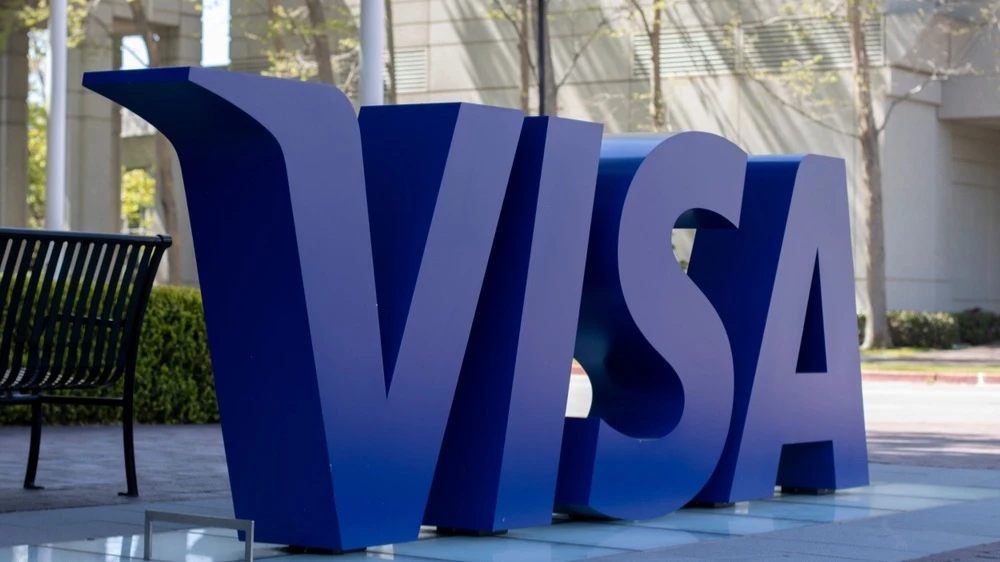'GENIUS Act changed everything': Visa launches crypto-enabled cross-border transfers

Visa announced on September 30 that it has begun testing a new way for businesses to fund international payments using stablecoins instead of pre-depositing cash in local accounts, Reuters reports. According to the agency, the move shows the growing acceptance of digital tokens among large companies thanks to the passage of the GENIUS (Guiding and Establishing National Innovation for U.S. Stablecoins) Act in the United States, which established rules for issuing cryptocurrencies tied to hard assets.
Details
"The GENIUS Act changed everything. It gave the whole process a lot more legitimacy. Prior to this regulatory clarity, all the major financial institutions were taking a wait-and-see attitude," Mark Nelsen, head of Visa's commercial and payment products division, told Reuters. According to Nelsen, with the addition of stablecoin support, customers will be able to fund accounts around the world in real time, avoiding delays during off-hours typical of existing payment systems, Bloomberg reports.
Visa Direct, a platform that allows real-time money to be sent to 11 billion Visa cards, bank accounts and digital wallets in 195 countries, will use Circle Internet Group's dollar (USC)- and euro (EURC)-backed stablecoins in a pilot project that will allow banks, money transfer companies and other financial institutions to pre-fund accounts with stablecoins instead of traditional currencies. This approach could speed up cross-border settlements and free up liquidity, as companies are currently forced to freeze funds in different currencies around the world to make local payments.
Context
Stablecoin is a cryptocurrency designed to maintain a stable value. Typically, stablecoins are backed by traditional assets such as the dollar or government bonds. Their use for fast international transfers has payment companies and banks worried about their market position. However, Visa's pilot program demonstrates how traditional players can turn stablecoins into a tool to strengthen their own infrastructure, Reuters notes.
This article was AI-translated and verified by a human editor
